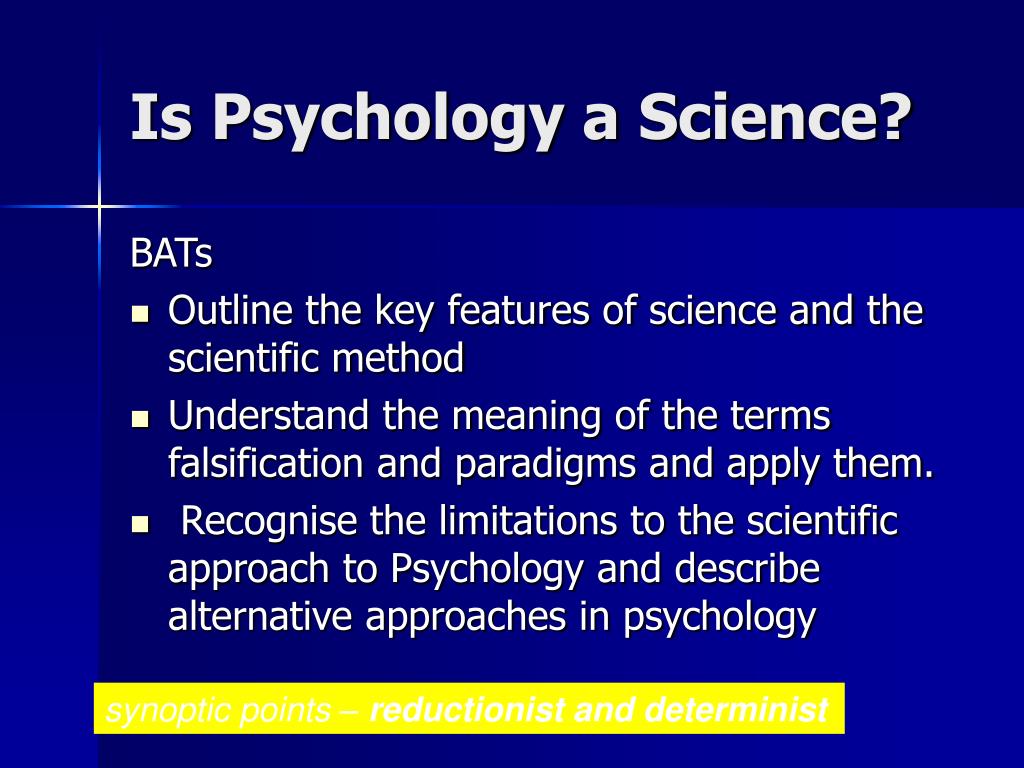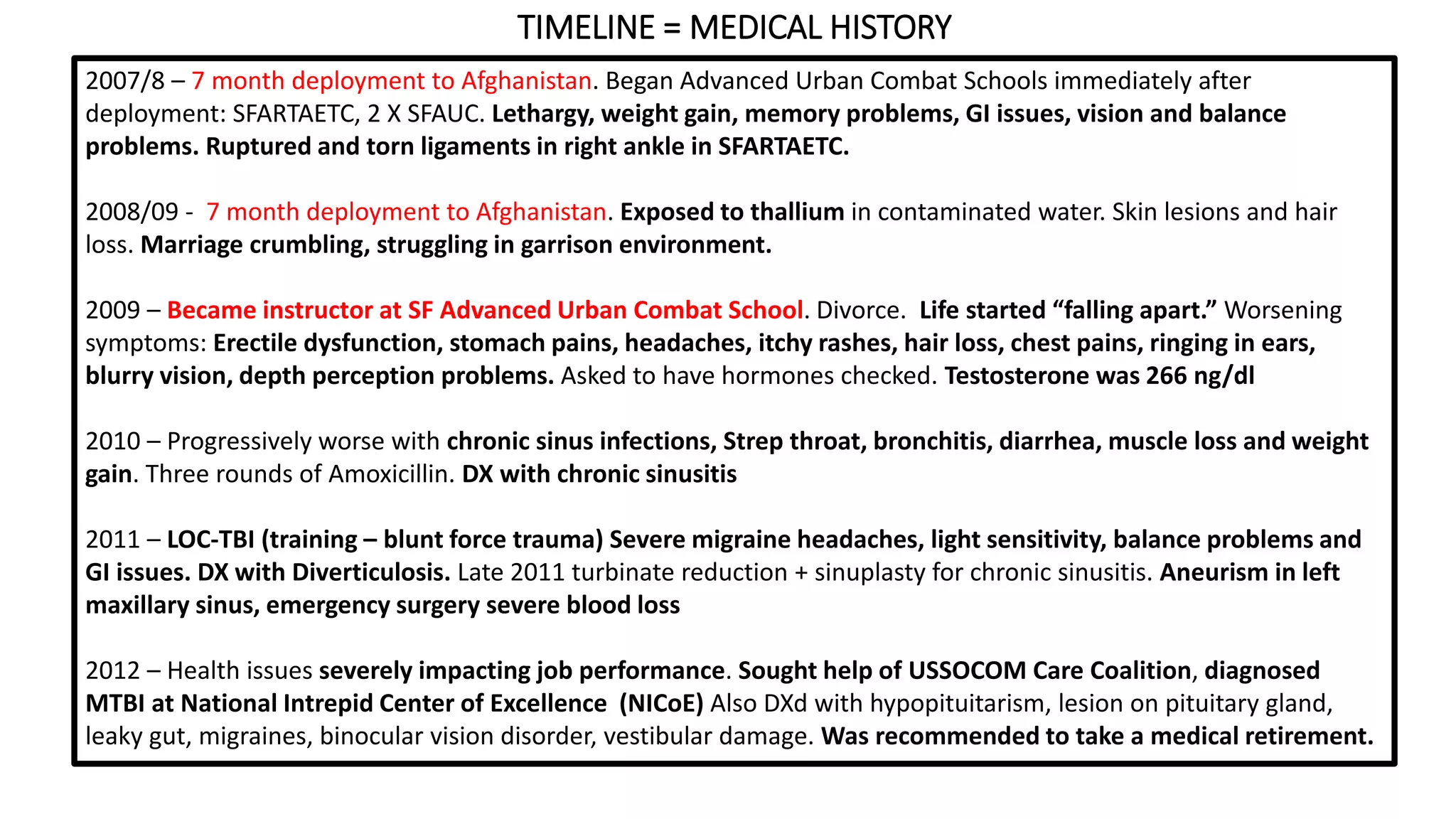Automotive Technology Degree Career Paths: Complete Guide to Professional Opportunities
Understand automotive technology career foundations
An automotive technology degree open doors to numerous career paths in today’s chop chop evolve transportation industry. Modern automotive professionals work with sophisticated computer systems, hybrid powertrains, electric vehicles, and advanced diagnostic equipment that require specialized training and expertise.
The automotive industry has transformed dramatically, create demand for technicians who understand both traditional mechanical systems and emerge technologies. Graduates enter a field where continuous learning and adaptation are essential for long term success.
Traditional automotive service careers
Automotive service technician
Service technicians represent the backbone of automotive repair operations. These professionals diagnose mechanical problems, perform routine maintenance, and repair various vehicle systems include engines, transmissions, brakes, and electrical components.
Entry level technicians typically start with basic maintenance tasks like oil changes and tire rotations, gradually advance to complex diagnostic work. Experienced technicians oftentimes specialize in specific areas such as engine performance, electrical systems, or air conditioning repair.
Career advancement opportunities include become a master technician, shop supervisor, or service manager. Many technicians finally open their own repair facilities or become specialized consultants.
Automotive parts specialist
Parts specialists work in dealerships, independent repair shops, and auto parts stores. They identify correct replacement parts, manage inventory, and provide technical support to technicians and customers.
This career path requires strong knowledge of automotive systems and excellent customer service skills. Parts specialists oftentimes advance to management positions or become specialized in performance or classic car components.
Dealership career opportunities
Service advisor
Service advisors serve as the primary liaison between customers and technicians. They explain repair recommendations, provide cost estimates, and ensure customer satisfaction throughout the service process.
Successful service advisors combine technical knowledge with strong communication skills. This role oftentimes leads to service management positions or sales careers within the automotive industry.
Warranty administrator
Warranty administrators process warranty claims, coordinate with manufacturers, and ensure proper documentation of cover repairs. They must understand both technical aspects of vehicle systems and manufacturer policies.
This career path offer opportunities for advancement into regional warranty positions or manufacturer representative roles.
Specialized technical positions
Diagnostic specialist
Diagnostic specialists focus on identify complex problems that general technicians can not resolve. They use advanced diagnostic equipment and possess deep understanding of vehicle systems and electronic controls.
These professionals oftentimes work for dealerships, independent shops, or as mobile diagnostic consultants. The role require continuous education to stay current with evolve vehicle technologies.

Source: franklincummings.edu
Performance tuner
Performance tuners modify vehicles for enhanced power, handling, or efficiency. They work with after market parts, custom fabrication, and engine management systems to achieve specific performance goals.
This specialization appeal to enthusiasts and can lead to careers with racing teams, custom shops, or performance parts manufacturers.
Emerge technology careers
Electric vehicle technician
Electric vehicle technicians specialize in high voltage systems, battery technology, and electric drivetrain components. This speedily grow field require additional safety training and specialized equipment.
Career opportunities exist with traditional manufacturers transition to electric vehicles, new EV companies, and specialized electric vehicle service centers. The demand for qualified EV technicians continue to grow as electric vehicle adoption increase.
Hybrid systems specialist
Hybrid specialists work on vehicles combine internal combustion engines with electric motors. They must understand both traditional automotive systems and electric vehicle technology.
This specialization offer excellent job security as hybrid vehicles becomes progressively common across all vehicle segments.
Manufacturing and production careers
Quality control inspector
Quality control inspectors ensure vehicles and components meet manufacturing standards. They perform detailed inspections, document defects, and work with production teams to resolve quality issues.
These positions exist throughout the automotive supply chain, from component manufacturers to final assembly plants. Career advancement opportunities include quality management and process improvement roles.
Production technician
Production technicians operate and maintain manufacturing equipment in automotive plants. They ensure production lines run expeditiously and perform preventive maintenance on complex machinery.
This career path offer opportunities for advancement into supervision, engineering support, or specialized equipment maintenance roles.
Fleet and commercial vehicle careers
Fleet maintenance technician
Fleet technicians maintain vehicles for companies, government agencies, and rental car companies. They oftentimes work with diverse vehicle types and focus on preventive maintenance to maximize vehicle uptime.
Career advancement opportunities include fleet management positions or specialized roles with large transportation companies.
Heavy-duty technician
Heavy-duty technicians work on trucks, buses, and commercial vehicles. This specialization require additional training in diesel engines, air brake systems, and commercial vehicle regulations.
The demand for qualified heavy-duty technicians remain strong due to the essential role of commercial transportation in the economy.
Entrepreneurial opportunities
Independent shop owner
Many automotive technology graduates finally open their own repair facilities. This path requires business skills in addition to technical expertise, include customer service, inventory management, and financial planning.
Successful shop owners oftentimes specialize in specific vehicle brands, services, or customer segments to differentiate themselves in competitive markets.
Mobile mechanic
Mobile mechanics provide on site vehicle service and repair. This business model appeals to customers who prefer convenience and can be specially successful in urban areas or specialized markets.
Mobile mechanics must invest in portable equipment and develop efficient routing and scheduling systems to maximize profitability.
Education and training careers
Automotive instructor
Experienced technicians oft transition into teaching roles at technical schools, community colleges, or manufacturer training centers. This career path allow professionals to share their expertise while maintain regular schedules.
Instructors typically need additional education credentials and must stay current with industry developments to provide relevant training.
Corporate trainer
Corporate trainers develop and deliver training programs for dealership technicians, parts personnel, and service advisors. They oftentimes travel to various locations and may specialize in specific vehicle systems or new technology rollouts.
Government and regulatory careers
Emissions inspector
Emissions inspectors ensure vehicles meet environmental standards through mandatory testing programs. They operate specialized testing equipment and must understand emissions control systems and regulations.
This career path offer stable employment with government agencies or authorize testing facilities.
Safety inspector
Safety inspectors evaluate vehicles for compliance with safety regulations. They may work for government agencies, insurance companies, or independent inspection services.
Insurance and legal support careers
Insurance adjuster
Insurance adjusters with automotive backgrounds evaluate vehicle damage claims and determine repair costs. They must understand repair procedures, parts pricing, and industry labor standards.
This career combine technical knowledge with investigative skills and offer opportunities for advancement within insurance companies.
Expert witness
Experienced automotive professionals may serve as expert witnesses in legal cases involve vehicle defects, accidents, or warranty disputes. This specialized role require strong communication skills and extensive technical knowledge.
Salary expectations and career growth
Automotive technology careers offer competitive compensation that vary by specialization, experience level, and geographic location. Entry level positions typically provide opportunities for rapid skill development and advancement.
Career growth oftentimes depend on continuous learning, professional certifications, and specialization in emerge technologies. Many professionals pursue manufacturer certifications, ASE credentials, or specialized training to enhance their career prospects.
Professional development and certifications
Successful automotive careers require ongoing education and professional development. Industry certifications demonstrate expertise and commitment to professional growth.

Source: thedailyautomotive.com
Popular certifications include ASE (automotive service excellence )credentials, manufacturer specific certifications, and specialized training in areas like air conditioning, hybrid systems, or diesel engines.
Industry outlook and future opportunities
The automotive industry continue to evolve with new technologies, create opportunities for qualified professionals. Electric vehicles, autonomous driving systems, and connect car technologies represent grow areas of opportunity.
Professionals who will embrace continuous learning and will adapt to new technologies will find the best career prospects in this dynamic industry. The combination of traditional mechanical skills with modern diagnostic and electronic system knowledge create a strong foundation for long term career success.



